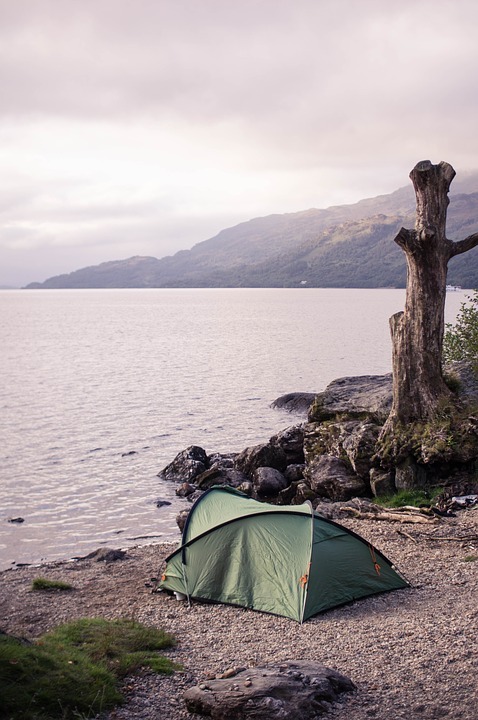As the world has continued to evolve, and we become more and more entwined in the lives, opinions, problems, and social norms of people all over the world, many of us have grown, in a word, sick of it. The constant badgering by demonstrators about who should pay for their healthcare and education; the unending tax reforms that take from the working populace to feed the industrial machine; the onslaught of infringements and downright violations of liberties. It’s all becoming too much.
If you’ve decided to live off the grid and cut through all the crap that’s dragging us down, then I applaud you. It takes a lot of sand to take a stand and say, “Enough. I’m not doing this anymore.” You’re in for a life free from the constraints and restrictions that make so many people miserable. You have the opportunity to instead create a life free from much of the noise and nonsense that leaves others working themselves into an early grave.
That being said, you’re also volunteering to take on some unavoidable hardships. Gone will be the reliance on services and utilities provided by others, and the convenience they provide; gone will be the security blanket of a steady income stream; gone will be a lot of the nice “stuff” that other people scramble their entire lives to afford. I don’t doubt that you’re prepared to give all of that up and be happy doing it, but cutting the cord can’t mean that you switch off your brain. You need to be smart about how you proceed, and this guide will help you drop off the radar, the smart way.
Determine How You’ll Take Care of the Essentials First
Human beings have two basic needs that absolutely must be met in order to survive: food and shelter. So long as we can eat, and have a place to escape the cold, heat, storms, and snow inherent in almost any environment, we can survive. Before you worry about how you’re going to entertain yourself, or supply your own power, worry about where your food is coming from, and where you’ll sleep at night.
Food comes from two basic sources: plants and meat. Two essential skills that you’ll need in order to survive are farming and hunting. Despite what you may have read, you can’t get all of your nutritional needs only through vegetables and fruits. Protein and Iron are essential for keeping a human body healthy and strong, traits that you’ll have to have when you’re transitioning to a more austere lifestyle.
For shelter, you can either learn to construct your own home, either from wood, stone, or straw, or you can have someone build a low maintenance abode for you. Not all of us were meant to be carpenters. Before you completely cut yourself off from most of the rest of the world, you should consider taking out one final loan and having a basic home constructed, so that you can enjoy your new life
Learn to Craft Your Own Tools
Tools are essential for human beings trying to survive on their own, without tearing their bodies completely apart. Whether you’re talking about farming or hunting, you’ll need tools to help ensure your survival. You probably won’t be able to catch a fish without a hook, and you’ll destroy your hands if you try to plant an entire garden by digging in the dirt with your nails. With the knowledge to craft your own tools, you can ensure your survival, long after the wrenches and hoes from Home Depot have broken down.
Start the Transition, Before You Transition
Ask any former smoker or drinker in the world about going cold turkey all at once; I guarantee most of them will tell you that a) it doesn’t work, b) it’s miserable, and c) it only made them want to smoke or drink more. The same can be true of trying to make the transition to an off-the-grid lifestyle.
Whether you realize it or not, you’ve come to depend on many of society’s niceties in order to survive. If today, you immediately moved into a log cabin, with no food or clothing, you’d probably be dead in a week. It’s not only because you don’t know how to get your own food yet – it’s because your body is so used to being fueled by takeout, prepackaged, and chemically-treated food than anything else will send your body into panic mode.
To combat this, make your transition gradual. Keep the same house you’re in now, and keep paying your electric bill, but learn to hunt and dress your own meat. Start a small garden to see how that works. Once you’ve got that down, have your water turned off, and just survive on power. Once you’re comfortable with that, shut off the power, and keep the house. Finally, when all that’s finished, find your own space, create your new home, and fully transition yourself off the grid.
